Responsibility
Embracing Responsibility at Janus Henderson
In the face of global challenges like climate change, pollution, and resource scarcity, the importance of Environmental, Social, and Governance (ESG) considerations has never been more apparent. At Janus Henderson, integrating financially material ESG factors into our investment strategies is crucial for making informed decisions and fulfilling our fiduciary duty to clients.*
Our commitment to responsibility extends to our corporate practices, embodying the principle that 'Responsibility starts at home.'
*We integrate ESG factors in most of our actively managed strategies.
Our three Responsibility pillars
Corporate Responsibility
Our policies and practices should mirror what we expect of our portfolio companies. At a corporate level, responsible behaviour influences our people, our culture, and our choices, and we leverage our influence to deliver value responsibly to our clients, employees, shareholders, and the wider community.
ESG Integration
At an investment level, we integrate financially material ESG factors into our analysis and processes for most of our actively managed strategies, as appropriate, to help us identify opportunities and risks and drive the long-term value of the companies we invest in.
JHI Brighter Future Funds
For clients who want to invest for a purpose beyond risk and return. To meet their needs of these clients, we've developed our JHI Brighter Future Funds - a suit of ESG-focused portfolio that have ESG at their core, alongside the primary financial objective.


In an exciting move towards innovative collaboration, Janus Henderson is proud to partner with UC Berkeley Executive Education. We've launched a joint curriculum designed to empower our investment teams and, ultimately, a wider audience.
With Berkeley, we're not just investing in a brighter future for our clients, but also nurturing a legacy of innovation and leadership for generations to come.
We have a long heritage of involvement with
responsibility-related organisations and initiatives
2000

CDP
2002
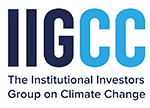
IIGC
2006
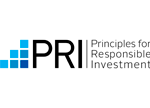
PRI
2012

UK Stewardship Code
2017

Climate Action 100+
2018
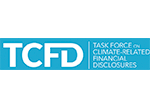
TCFD
2021
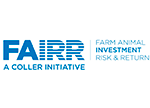
FAIRR
2021

US SIF
2023

Nature Action 100
Our central Responsibility team and investment teams regularly share their differentiated thoughts and actionable insights
Resource library

Responsible Investment Policy

Annual ESG company engagement & voting review
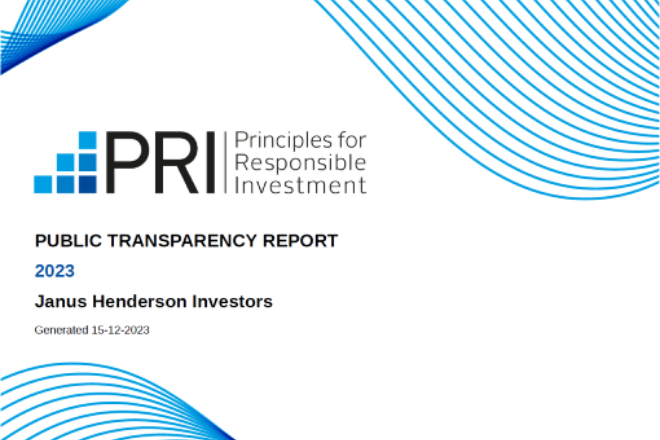
Public transparency report Janus Henderson Investors